Search
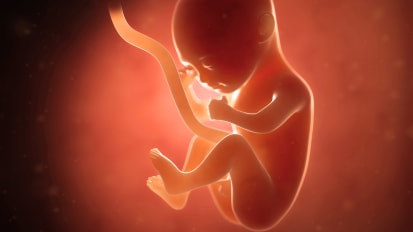 Video
Video
The Fetal Treatment Center in Oakland: Expanded Services, Informed Strategies - Intro
Learn which patients may benefit from referral and what to expect from the process in this update from perinatologist Annalisa Post, MD. News
News
First-line Pembrolizumab Plus Chemotherapy May Benefit Patients with Advanced Biliary Tract Cancers
The addition of pembrolizumab (Keytruda) to gemcitabine and cisplatin improved overall survival in patients with untreated metastatic or unresectable biliary tract cancer, according to results from the phase III KEYNOTE-966 clinical trial. Document
Document
Advanced Heart Failure Clinic at Walnut Creek
Through a collaboration between John Muir Health and UCSF Health, patients with advanced heart failure have access to specialized care in Walnut Creek. Document
Document
Alcohol-Associated Liver Disease Program
UCSF HEPATOLOGY AND LIVER TRANSPLANT SERVICES have established the Alcohol-Associated Liver Disease Program, expanding access to hepatology care and liver transplantation for a broader range of patients. Video
Video
Preeclampsia Update: How to Identify and Manage a Perilous Pregnancy Complication
This important talk from Annalisa Post, MD, a perinatologist with the UCSF Fetal Treatment Center, clarifies the definition of preeclampsia, lays out risk factors, and elucidates the tricky business of recognizing worsening hypertension in pregnancy. Document
Document
Interventional Cardiology Program
The UCSF Interventional Cardiology Program offers the latest minimally invasive catheter-based procedures to diagnose and treat the full spectrum of cardiovascular conditions. Document
Document
Cardio-Oncology & Immunology: Specialized Cardiovascular Care for Cancer Patients
Led by a multidisciplinary team of specialists and researchers, our program optimizes the cardiovascular health of cancer patients and cancer survivors. Video
Video
Halt the UTI Cycle: Tips and Techniques for Treating a Common Urinary Woe
Urogynecologist Abigail Shatkin-Margolis, MD, offers an update to help PCPs efficiently assess and treat patients prone to urinary tract infections, with a focus on both young and elderly adults.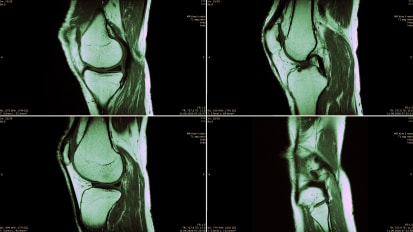 Video
Video
Keys to the Knees: How to Approach a Variety of Meniscus Tears
Historically misunderstood even by sports medicine specialists, meniscus tears are a range of conditions best managed by considering specifics of both the injury and the patient. Video
Video
The Reflux “Cycle of Hell”: An ENT Perspective on Setting Patients Free
When different doctors – PCPs, gastroenterologists and otolaryngologists – take different approaches to the common problem of acid reflux, patients often continue to suffer.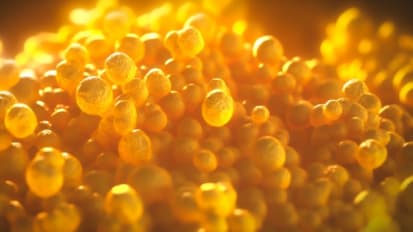 Video
Video
A Fresh Look at Lipids: Atherosclerosis Prevention in 2023
Cardiologist Clifton Watt, MD, presents an update on lipoproteins, including how genetic factors can impact test results and whether pre-measurement fasting actually matters.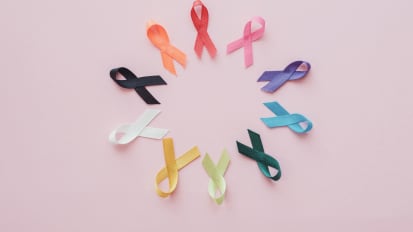 Video
Video
Focused Cancer Updates: Neoadjuvant Therapy for Breast Cancer and Managing Immunotherapy Toxicity
An expert panel delivers news to inform therapy and monitoring decisions, including a look at how the I-SPY 2 trial is accelerating evaluation of promising agents in high-risk breast cancer.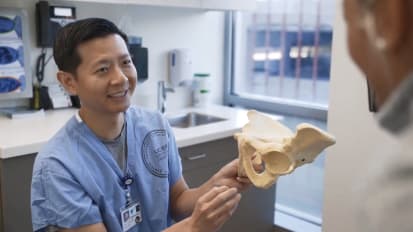 Video
Video
The UCSF Hip Preservation Center: Where Hurting Hips Go to Become Happy Hips
See how our specialists work together and use advanced techniques to address all types of hip injuries in all types of patients, including infants and athletes.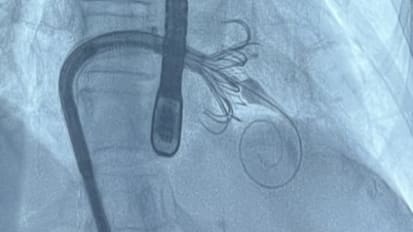 News
News
Novel Tricuspid and Mitral Valve Procedures Improve Patients' Quality of Life
UC San Francisco interventional cardiologists and interventional echocardiographers recently performed two novel minimally invasive cardiac procedures for the first time in the health system.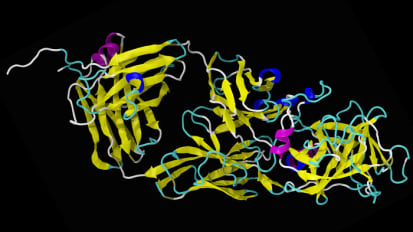 News
News
Patients With Detectable PSA After Radical Prostatectomy Have Good Long-Term Outcomes, UCSF Researchers Find
Patients with a detectable prostate-specific antigen (PSA) after radical prostatectomy (RP) may have excellent long-term outcomes, according to two retrospective studies conducted by UCSF researchers. News
News
Chances of Receiving Percutaneous Coronary Intervention in a Low-Volume Facility are Increasing, Despite Worse Outcomes
There is a well-established association between hospitals performing higher volumes of percutaneous coronary intervention (PCI) and improved patient outcomes.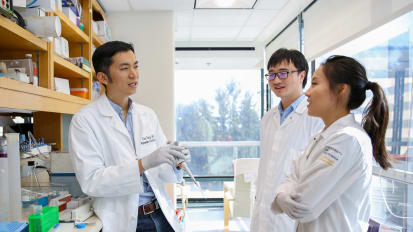 News
News
Susceptibility to Pathogenic T Cells in Chronic Lung Disease May have a Genetic Basis
Respiratory viral infections pose significant morbidity and mortality to patients with chronic lung diseases like emphysema and COPD, causing exacerbations that drive destruction of normal lung tissue, and leading to one of the most common diagnoses for hospital admissions.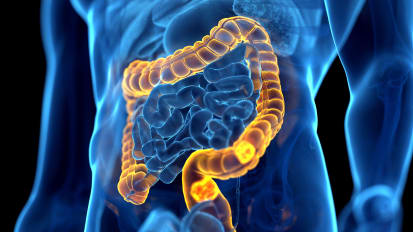 News
News
UCSF Surgical Oncologists Present Clinical Findings at International Conference
The latest advances in surgical cancer care and research were showcased at the Society of Surgical Oncology’s (SSO) Annual Meeting, the International Conference on Surgical Cancer Care. The meeting was held in Boston, from March 22 – 25, 2023.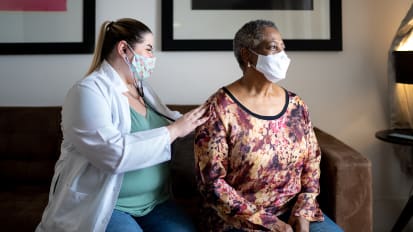 News
News
Some Patients with Lung Disease Fare Worse Than Others. Could Sleep Explain It?
Flare-Ups in COPD Linked to Sleeplessness, UCSF-Led Study Shows News
News
How the Cardiogenic Shock Team Improves Patient Outcomes at UCSF
A 69-year-old woman with heart failure with reduced ejection fraction caused by left ventricular noncompaction (LVNC) came to the UCSF emergency department with tachycardia, dizziness, shortness of breath and swelling, despite taking all prescribed heart failure medications. Document
Document
Center for Encephalitis and Meningitis
The UCSF Center for Encephalitis and Meningitis provides comprehensive services to diagnose and treat patients with challenging neuroinflammatory disorders. News
News
UCSF Health Joins Registry to Improve Cardiogenic Shock Treatment
UC San Francisco’s Heart and Vascular Center has been recognized by The American Heart Association (AHA) for its participation in a new Cardiogenic Shock Registry. News
News
UCSF Neurologist Recognized for Innovative Epilepsy Research
UCSF Neurologist Recognized for Innovative Epilepsy Research American Academy of Neurology to Honor Jon Kleen, MD, PhD with 2023 Dreifuss-Penry Epilepsy Award News
News
Electroconvulsive Therapy for Status Epilepticus and a Genetic Diagnosis for Epilepsy and Renal Failure: UCSF Neurohospitalist Cases
One of the first of its kind, the UCSF Neurohospitalist Program specializes in caring for hospitalized patients with complex neurologic disorders.

